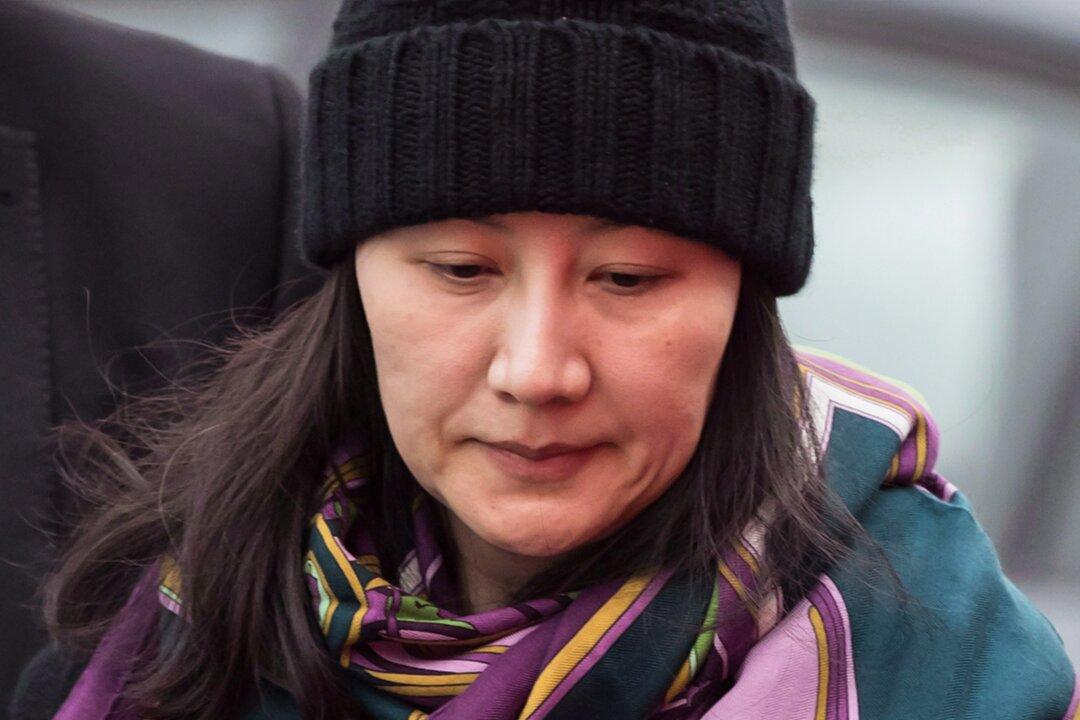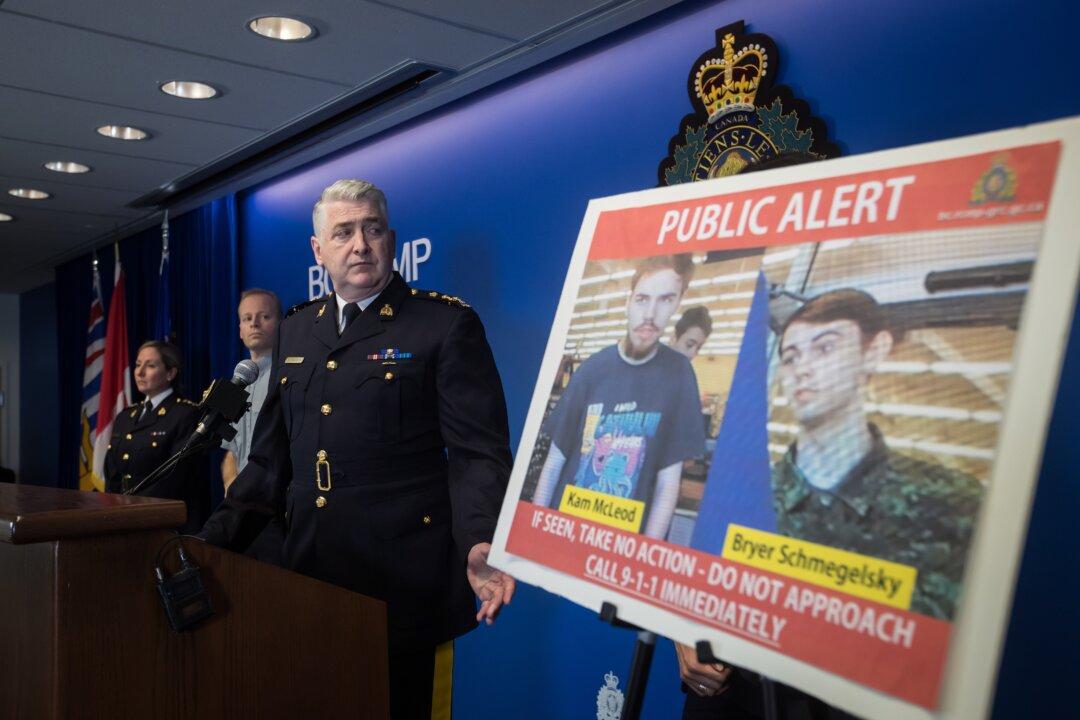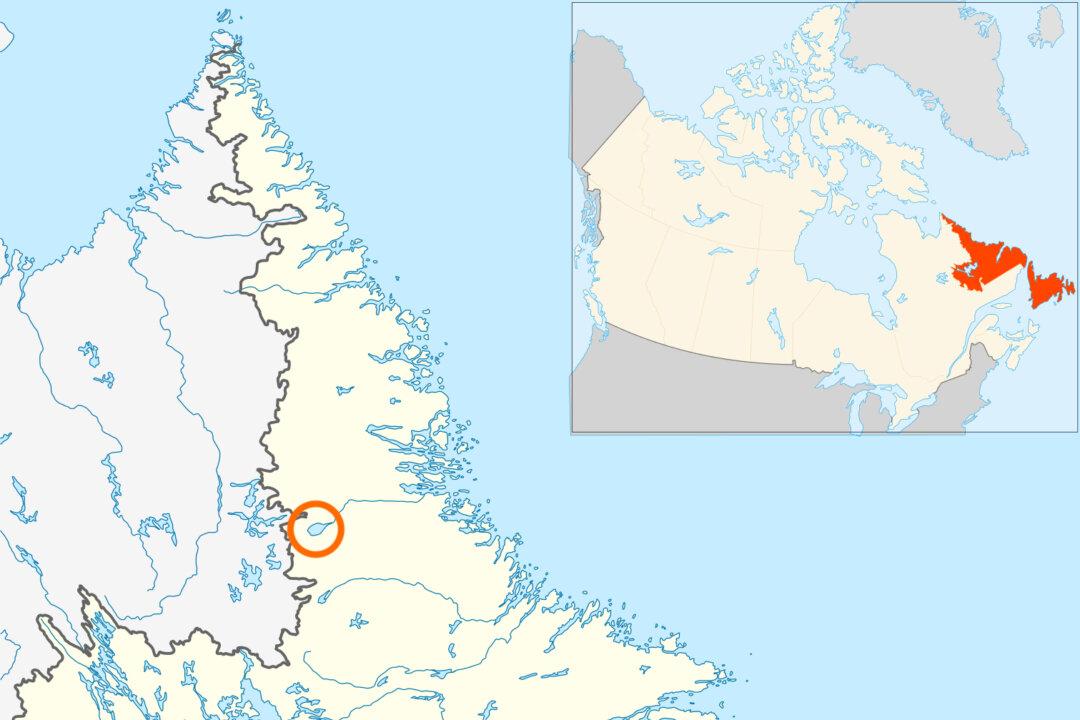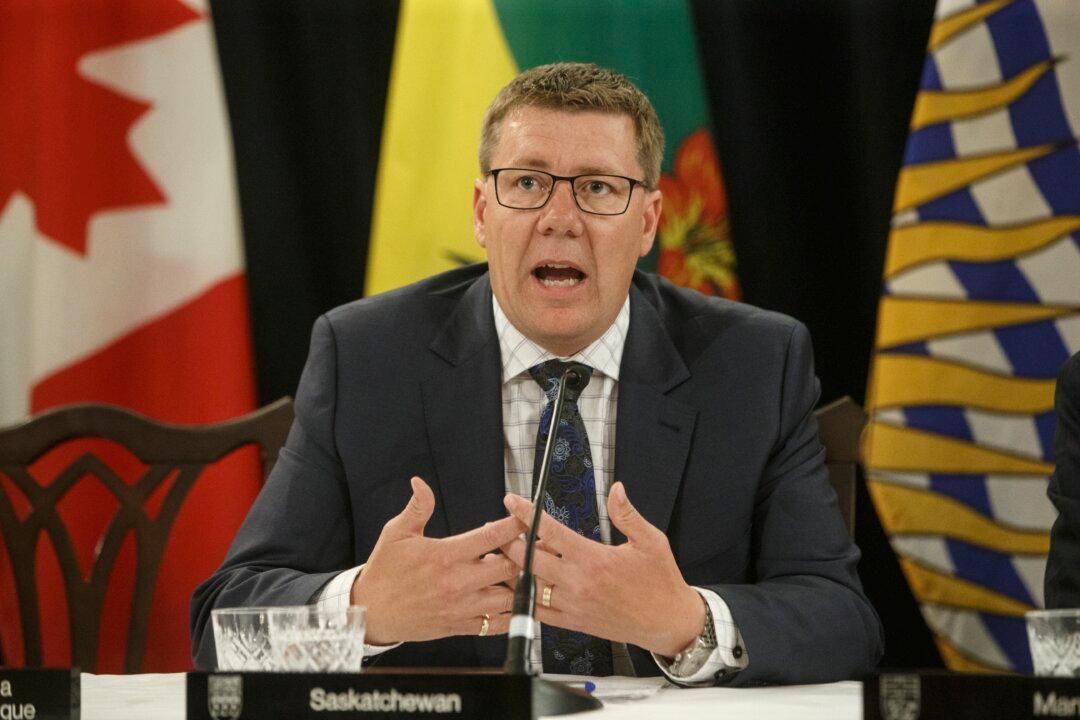VANCOUVER—Future court dates for Huawei executive Meng Wanzhou were set in a Vancouver court today, and the judge also allowed her to move to one of her homes in a more upscale area.
Meng has been out on bail for five months after being arrested in Vancouver in December 2018. Her bail conditions include living in Vancouver while wearing an electronic GPS tracking device and being monitored by private security.





